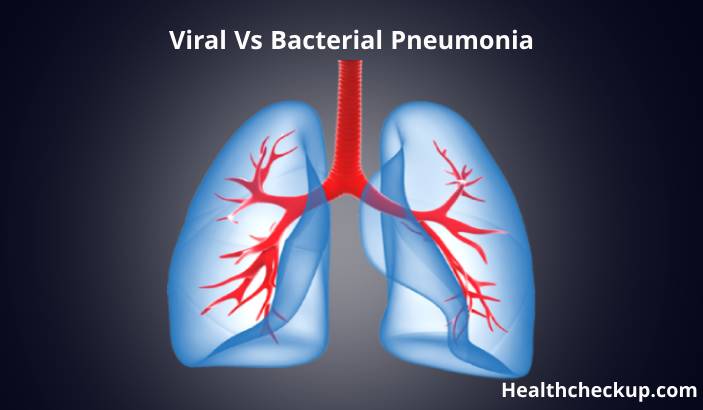Legionnaires’ disease is a serious respiratory illness caused by the bacterium Legionella pneumophila. The bacterium is found in water, and it can cause infections when it is inhaled in the form of mist or vapor, such as from air conditioning systems or hot tubs.
Symptoms of Legionnaires’ disease include:
- Fever
- Shortness of breath
- Chest pain
- Headache
- Muscle aches
- Fatigue
In severe cases, the infection can lead to:
- Pneumonia
- Acute respiratory distress syndrome (ARDS)
- Septic shock
- Death
Legionnaires’ disease is diagnosed through laboratory tests that detect the presence of the bacterium in a sample of sputum, blood, or urine. The tests include cultures or PCR.
Treatment for Legionnaires’ disease include:
- Antibiotics, such as macrolides or quinolones
- Supportive care, such as oxygen therapy and fluids
- Hospitalization
In severe cases, the patient may require mechanical ventilation or other life-support measures.
To prevent Legionnaires’ disease, it is important to maintain and properly disinfect water systems, such as air conditioning systems, hot tubs, and showers. This includes:
- Regularly cleaning and disinfecting the systems
- Testing the water for the presence of the bacterium
- Repairing any leaks or other issues that allows the bacterium to grow
In addition, it is important to practice good hygiene, such as washing your hands frequently with soap and water, especially after using water systems that are contaminated with the bacterium.
There is no vaccine available to prevent Legionnaires’ disease.
In conclusion, Legionnaires’ disease is a serious respiratory illness caused by the bacterium Legionella pneumophila. It is found in water and is spread through inhalation of mist or vapor. It can be prevented through proper disinfection of water systems and good hygiene practices.









